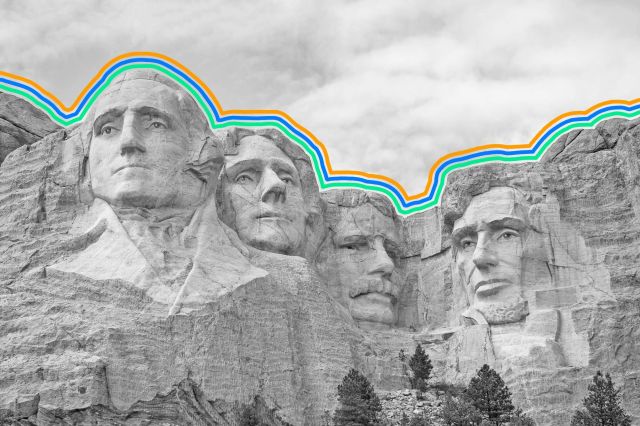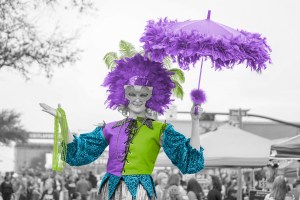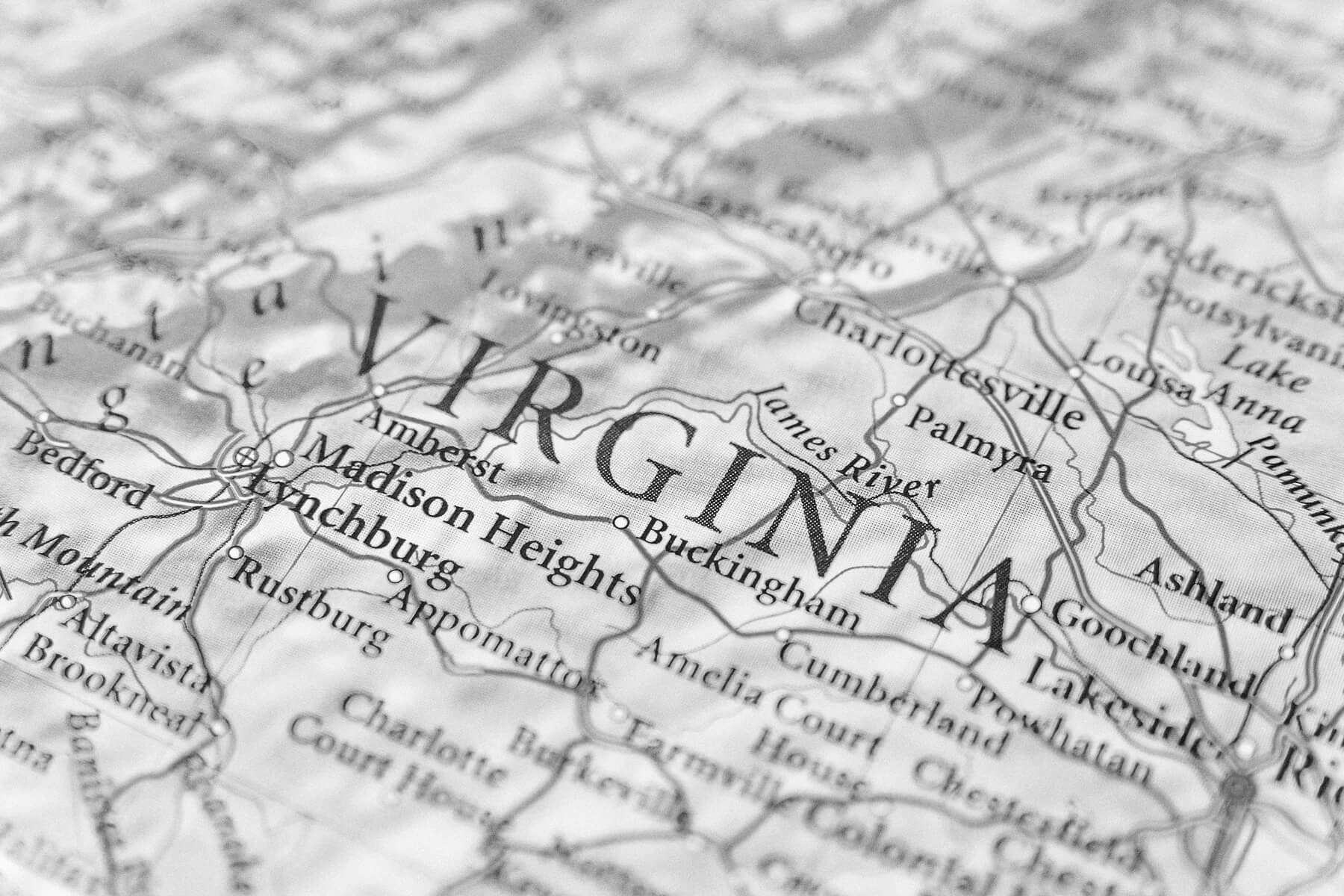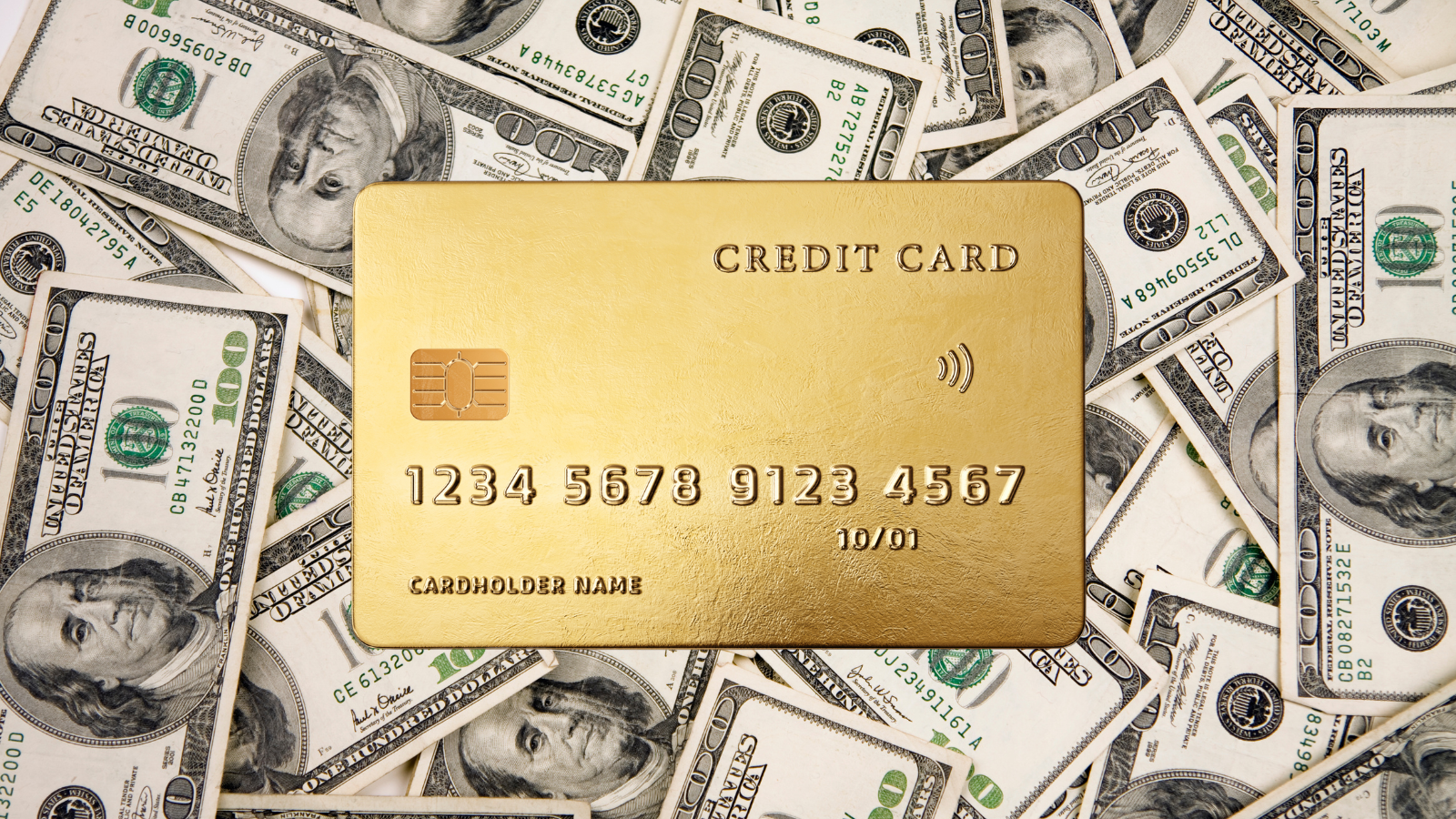
“Few men have virtue to withstand the highest bidder.” — George Washington
At the height of the Revolutionary War, General George Washington was worried about spies. He was especially suspicious of double agents enlisted among his own ranks — particularly one named Elijah Hunter, a prominent farmer who had first been recruited as a British spy by a Loyalist governor and then convinced to play both sides by patriot leaders. In August 1779, Washington wrote a letter to Major General Robert Howe, explaining why he didn’t trust the young spy. The British, Washington explained, possessed significantly more money than the Americans and could corrupt the agents to favor their side. He advised Howe that he thought it “necessary to be very guarded, with those who are professedly acting as double characters.”

“Facts are stubborn things; and whatever may be our wishes, our inclinations, or the dictates of our passion, they cannot alter the state of facts and evidence.” — John Adams
In March 1770, a group of British soldiers fired into a rebellious crowd of Boston colonists, killing five civilians. John Adams, a lawyer who steadfastly believed in the right to counsel, was asked to defend the redcoats when everyone else refused. In the trial, Adams claimed that the soldiers were victims of a mob — “if an assault was made to endanger their lives, the law is clear, they had a right to kill in their own defence [sic]” — and had fired their muskets in self defense. He uttered the quote “facts are stubborn things …” while making his case to the jury, and the strategy worked: The Captain and six of his soldiers were found innocent, with only two convicted of manslaughter.

“If I were two-faced, would I be showing you this one?” — Abraham Lincoln
Today, lacking a sense of humor in politics can be a liability. But back in the 19th century, the opposite was true: humor could be considered a sign that the office holder was not taking the gravity of elected office seriously. That problem rang true for Abraham Lincoln, who loved getting a laugh. A journalist once said of Lincoln: “I could not take a real personal liking to the man, owing to an inborn weakness for … jokes, anecdotes, and stories.” Lincoln didn’t care. The quip above — or some variant of it — reportedly came to his mind when Stephen A. Douglas called him a “two-faced man.”
More Interesting Reads

“Speak softly, and carry a big stick.” — Theodore Roosevelt
Roosevelt’s “Big Stick Diplomacy” policy was a mainstay during his career. When he was New York’s governor, he credited the phrase as a South African proverb, according to a 1900 article in the Brooklyn Eagle. The following year, as Vice President, he gave a speech at the 1901 Minnesota State Fair that touted his approach to American power, metaphorically explaining how the soft-power of diplomacy was best bolstered by the lingering presence of military might. (Roosevelt became President just two weeks later, when President William McKinley was assassinated.) The rest of Teddy’s quotation, however, is worth hearing: “If a man continually blusters, if he lacks civility, a big stick will not save him from trouble, and neither will speaking softly avail, if back of the softness there does not lie strength, power. In private life there are few beings more obnoxious than the man who is always loudly boasting, and if the boaster is not prepared to back up his words, his position becomes absolutely contemptible.”

“The only thing we have to fear is fear itself.” — Franklin D. Roosevelt
Franklin D. Roosevelt took office in 1933, when the Great Depression was arguably at its worst. In the months between his election and inauguration, unemployment had exploded and anxieties were high. Franklin tried to soothe matters during a solemn inaugural address, saying, “This Nation will endure as it has endured, will revive and will prosper. So, first of all, let me assert my firm belief that the only thing we have to fear is fear itself.” Within hours, his administration would shut down the country’s banking system in the hopes of resetting it; a move that’s regarded as having helped to set the nation’s banking system right after years of losses.

“Every gun that is made, every warship launched, every rocket fired signifies, in the final sense, a theft from those who hunger and are not fed, those who are cold and are not clothed.” — Dwight D. Eisenhower
It was March 1953, and Josef Stalin had just died. Seeing an opportunity to end Cold War hostilities, President Eisenhower wanted to give a speech that would do more than just indict the Soviet regime — he wanted to call an end to the growing arms race. Eisenhower, formerly a five-star general and Supreme Commander of NATO, sincerely believed that war-fighting nations were bound to be derelict of their duties at home and needed to shift priorities. He presented the speech, called “The Chance for Peace,” to the American Society of Newspaper Editors. He considered these words so important, they’d later be engraved over his tomb.

“Ask not what your country can do for you, but what you can do for your country.” — John F. Kennedy
This brilliant chiasmus appeared during Kennedy’s inaugural address on a cold January day in 1961. At the time, the Cold War was still roaring and many Americans were worried. Kennedy decided to transform his speech into a challenge, a plea for Americans to honor a duty to help the greater good. Kennedy’s speechwriting team employed material from an abundance of sources, with his most famous line echoing the words of President Warren G. Harding, who once said, “We must have a citizenship less concerned about what the government can do for it and more anxious about what it can do for the nation.” (But Harding didn’t originate it, either. Variations existed as early as 1884.)

“We did get something — a gift — a gift after the election. A man down in Texas heard Pat on the radio mention the fact that our two youngsters would like to have a dog.” — Richard Nixon
These might not be the most famous words uttered by President Richard Nixon — that title probably belongs to “I am not a crook” — but they’re arguably the most consequential. In 1952, Nixon was running for Vice President when allegations appeared that he had improperly taken $18,000 from a secret campaign fund. To counter the charges, Nixon gave America’s first nationally televised address, openly discussing his family’s financial history before an audience of 60 million people. But what resonated most with viewers was Nixon’s story about a supporter who mailed his family a dog named Checkers. The so-called “Checkers Speech” would not only save Nixon’s career, it also demonstrated to politicians how, in the words of Nixon’s speechwriter, “television was a way to do an end-run around the press.” Politics hasn’t been the same since.











